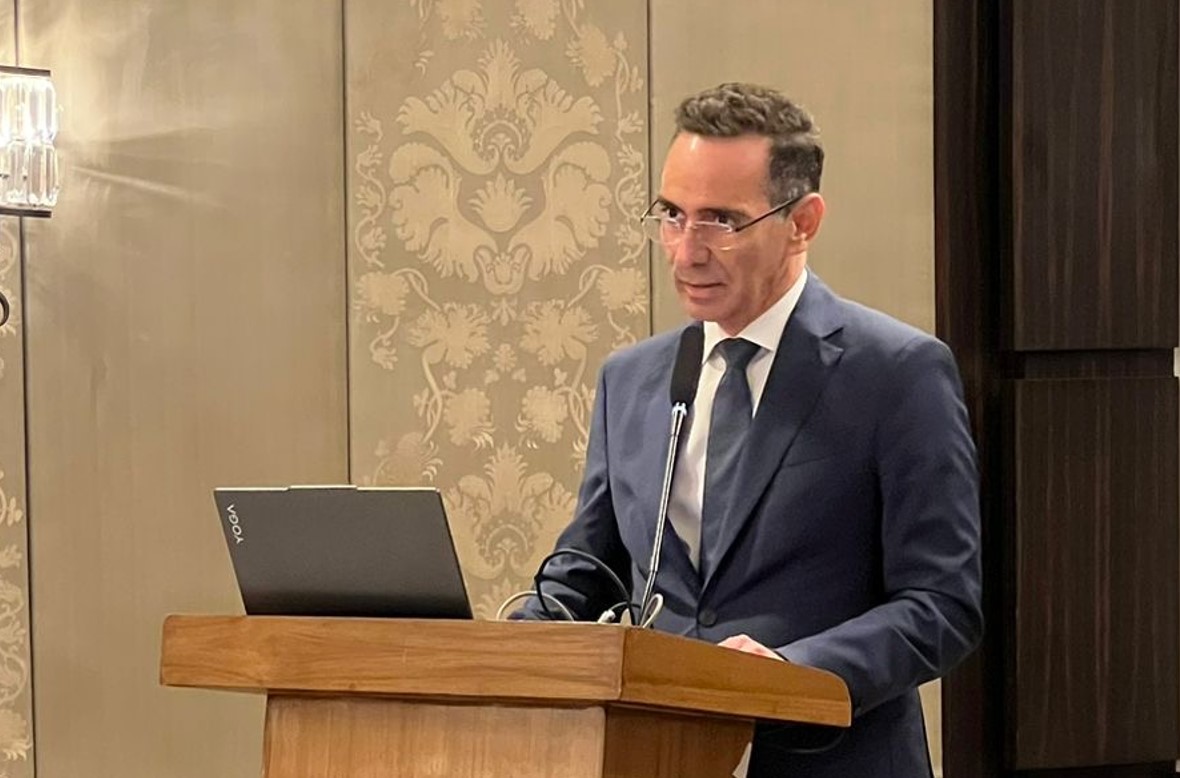Recently introduced eIDs are being produced by a private company, formerly headed by Deputy Research Minister Nicodemos Damianou, which was awarded the contract without going through a tender process, an audit report published on Tuesday said.
In October 2024, the deputy ministry approved the awarding of the project, estimated at €3.85 million, to the private company [JCC] without there being an open bidding process, auditor-general Andreas Papaconstantinou said.
The deputy ministry stressed it acted “with full transparency, legality and respect for the principles of healthy competition” at all stages of planning and the implementation of the project.
It emphasised that the reported “special relationship” would create a “false impression and ignore the historical depth of the project.”
The audit report investigated the procedures followed by the ministry during the process of awarding the tender for the issuance of the first 100,000 eIDs, which was ultimately signed in January 2025, when the eIDs first launched.
“During the direct negotiation, the company [JCC] submitted an offer equal to the estimated cost, i.e. €3.9 million. The negotiation with [|JCC] resulted in a reduction of €0.5 per ID, i.e. a total reduction of €50,000, and a final contract amount of €3.85 million,” the audit service wrote.
Auditor general Papaconstantinou said the deputy ministry had justified its decision for selecting JCC as the official service provider by claiming there had been no other operators with the required certification.
The audit office said it had considered there were no other certified competitors willing to take part in an open tender process, and acknowledged that the ministry had contacted potential bidders without any apparent interest, but stressed the eID project was highly costly and required specific technical infrastructure.
However, the report highlighted that the direct awarding of tenders is only possible given that “no reasonable alternative [is available] and that the absence of competition is not the result of an artificial limitation.”
The respective EU regulation was incorporated into Cyprus law in 2018 and amended to include eIDs in 2021.
“Since then, an open tender could have been launched, allowing that interested parties have sufficient time to prepare the required infrastructure and secure authorisation from the relevant authority. However, this was not done. It seems that the ministry dealt with the matter belatedly,” the audit office said.
The report added that if given sufficient time, other EU companies could have participated in the tender, suggesting that more competition could have resulted in better pricing.
It added that even after the decision not to launch an open tender, the deputy ministry could have followed through with a “voluntary announcement”, giving third parties ten days to submit objections.
The audit service emphasised that the deputy ministry was well aware of the need for electronic identities, and that claims of “urgency” for awarding the tender to JCC could not be accepted.
According to the EU digital identity framework regulation that came into force in 2024, all member states are required to offer “at least one EU digital identity wallet to all citizens, and residents by 2026”.
“Considering the relationship of the deputy minister with the contractor company, the deputy ministry should have been more attentive in the context of the awarding procedure,” the audit office said.
Damianou was JCC’s general manager from November 2017 to January 2024, when he took over the position as deputy minister.
“The project was planned and developed from 2017 under the supervision of three successive government schemes,” the deputy ministry said, adding that its completion during Damianou’s term in 2025 was “a natural continuation” of many years of work and “in no way linked to personal relationships or expediencies.”
The deputy ministry highlighted that an “open national eID plan” had been created in 2021, insisting it had been made available to all interested parties and was put to public consultation in 2020.
Countering the audit office’s claim that other EU companies could have participated in an open tender, it added the legislation did not allow for foreign entities, rendering the reference to other EU entities as “misleading.”
The audit office said it expected the deputy ministry to follow through with open tenders in the future.
Only around 10,000 eIDs have been issued, despite the first 30,000 being offered to citizens above 18 for free, with total demand estimated at 700,000.
“We note that the deputy ministry has recognised the need for healthy competition, and has expressed its intention to proceed to procedures that will allow participation of others, to cover future needs,” the audit office said.






Click here to change your cookie preferences